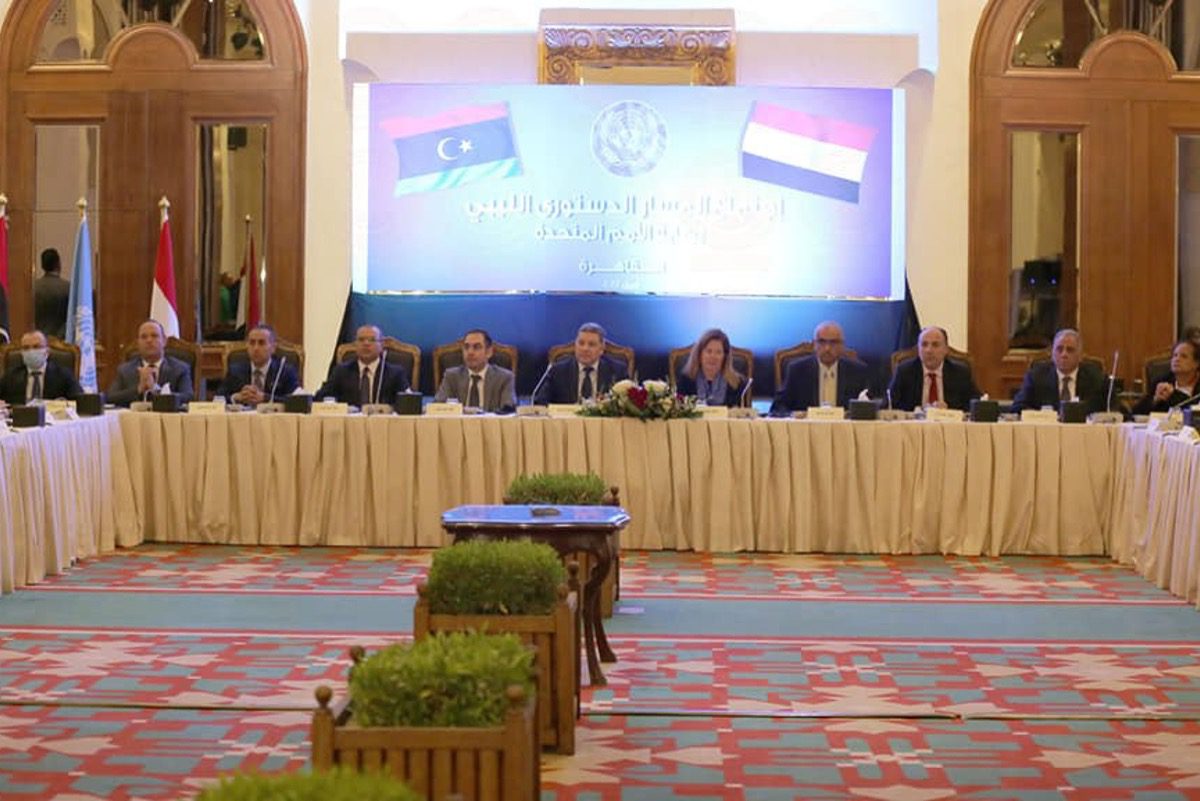At a time when the world is shifting to a low-carbon future and combating climate change, industries are accelerating commitments to change the way we source minerals and metals.
Forecasts indicate that climate hazards such as heavy precipitation, drought, and heat will get more frequent and intense, increasing the physical challenges to mining operations. Widespread decarbonization efforts across industries could create major shifts in commodity demand for the mining industry.
African Leadership Magazine had a conversation with mining expert, Emily Offodile, a Geologist, and the Executive Director of Ziva community Initiative about changing mining practices for a low-carbon continent.
How does mining affect the Earth’s climate?
Mining is a sector that is particularly vulnerable to climate change. It is inherently dependent on the natural environment. Mining often involves large diesel trucks and loaders running around emitting CO2, which is the main contributor to anthropogenic climate change. Also, cutting trees down to make way for mining operations does reduce the value trees have in absorbing CO2 put into the atmosphere.
Mining affects the earth’s climate in the following ways:
Deforestation
Land degradation
Soil leaching
Release of radioactive agents into the atmosphere
Large articulated equipment emitting CO2 into the atmosphere.
These mining factors above, together tends to create an imbalance in the ecosystem, thereby affecting the general balance which in turn influences climate over a long period of time.
Mining is currently responsible for 4 to 7 percent of greenhouse-gas emissions globally. How much and how fast does the industry need to reduce its own emissions to keep warming within 1.5C?
While I am more familiar with the Nigerian environment, it is pertinent then to note that mining in Nigeria is not very mechanized, therefore it is quite a challenge at this time to measure the indices required to drop the sectors contribution to the global greenhouse gas emissions. However as mining in Nigeria continues to grow, professionals may encourage practitioners to imbibe the use of cleaner energy sources like electricity, solar, and more renewable energy sources for the mining articulated equipment, especially those run by electric motors.
Africa contributes only a minute amount of global greenhouse gas emissions. Given the 4 to 7 percent of greenhouse-gas emissions globally mining is responsible for; do African mining industries contribute to the climate hazard?
The African continent is home to an abundance of natural resources including diamonds, cobalt, oil, natural gas, copper, and gold among others. Natural resources from Africa have myriad practical applications, including industrial, manufacturing, medical, energy, and infrastructure development.
Despite these, African Mining Industries in my own opinion are not one of the major contributors to global climate hazards.
How can African mining companies meet their environmental, social, and governance obligations toward mitigating the impacts of climate change?
Since the mining industry is in its infancy in many parts of Africa, except South Africa, Ghana and Mozambique, and a few others, it is pertinent that sustainable and world best practices are instituted as standard protocol for mining techniques for any mechanized mining operations. Some of these protocols include but are not limited to Climate-proof critical minerals policies and security of supply strategies, improving social and environmental standards in the extractives sector, supporting national and regional dialogues on responsible mining, and proactively using extractives as a topic for climate diplomacy.
These protocols will serve to help with the mitigation and reversal of the carbon signatures from this part of the world, especially as we march toward mechanized mining in many parts of Africa and Nigeria to be precise.
ZIVA community initiative’s mission is to build a sustainable community of artisanal miners. How has ZIVA helped these artisans to meet the demand for minerals and metals while operating responsibly and sustainably?
Ziva has contributed to better outputs of artisanal miners, by advocacy for safer, sustainable, and better outputs of mining.
Ziva has also undertaken studies of the trade trail of the miners, and thereby proffered better trade models to the miners so that they get the best relative value for their mine products.
Ziva has also brought out to the fore, especially to the general public, by documentaries of the plight of artisanal and small-scale miners, so that they can attract incentives from donor agencies to boost their production in a safer and more sustainable mining environment.
How is ZIVA assisting mining communities to prevent and prepare for climate hazards?
By advocacy and training, Ziva has been able to train some small-scale miners in post-mining land conservative practices, soil reclamation processes and alternative economic activities, and seasonal alignments, in terms of farming practices, reforestation programs, and other economic activities as alternatives.
What are some of the challenges for African Mining Companies in achieving net-zero emissions?
Mining companies are aggressively pursuing decarbonization at their operations, with a myriad of different strategies, and varying timelines across the spectrum of miners, but with the same end goal of reducing carbon emissions and ultimately achieving net-zero operations.
In most cases, lack of government control policies, lack of enforcement of policies, lack of evaluation and monitoring agencies and supervision; lack of incentives in best and sustainable practices are some of the factors limiting African Mining Companies from achieving net-zero emissions.
How can Africa change mining practices for a low-carbon continent?
To effectively respond to the impact of climate change, mining industries should take these actions:
Perform an end-to-end diagnostic of climate change’s effects on the business to understand which assets to protect from physical climate change and which stand to gain or lose from decarbonization.
Shift to renewable, which can lower the mine’s electricity costs and reduce volatility.
Introduce climate-smart decision-making processes.
Engage through reporting, partnerships, and other proactive measures, such as climate risk disclosures, which will become more important as climate expectations mature.
Through advocacy
By implementing modern, global best practices; monitoring and evaluation with very effective data collection and analysis.
Emily Offodile, is a Geologist and the Executive Director of Ziva community Initiative, an NGO whose core mission is to strengthen the value chain and diversity within the mining ecosystem.


